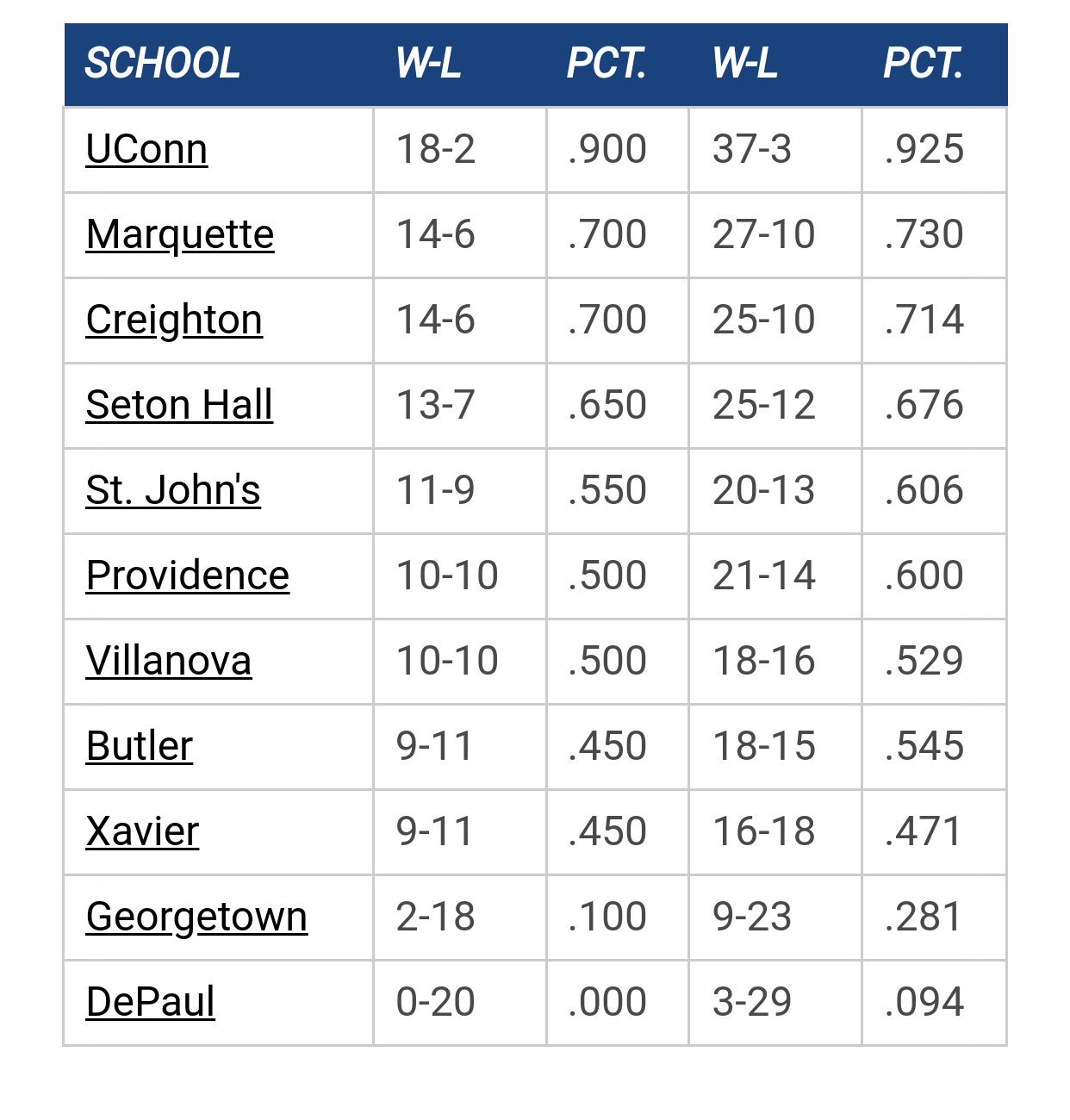- Welcome to MUScoop.
Really Good Day for the Future of Marquette Basketball by muwarrior69
[Today at 04:01:50 PM]
NM by MU Fan in Connecticut
[Today at 02:27:02 PM]
2026 Transfer Portal Wishlist by wadesworld
[Today at 02:13:09 PM]
2026 Coaching Carousel by WhiteTrash
[Today at 01:44:12 PM]
[Cracked Sidewalks] 1 in 14,000,605 by wadesworld
[Today at 01:35:35 PM]
2025-26 College Hoops Thread by WhiteTrash
[Today at 01:16:11 PM]
2025-26 Big East Conference TV Schedule by Mr. Nielsen
[February 16, 2026, 07:53:30 PM]
[Today at 04:01:50 PM]
NM by MU Fan in Connecticut
[Today at 02:27:02 PM]
2026 Transfer Portal Wishlist by wadesworld
[Today at 02:13:09 PM]
2026 Coaching Carousel by WhiteTrash
[Today at 01:44:12 PM]
[Cracked Sidewalks] 1 in 14,000,605 by wadesworld
[Today at 01:35:35 PM]
2025-26 College Hoops Thread by WhiteTrash
[Today at 01:16:11 PM]
2025-26 Big East Conference TV Schedule by Mr. Nielsen
[February 16, 2026, 07:53:30 PM]
The absolute only thing required for this FREE registration is a valid e-mail address. We keep all your information confidential and will NEVER give or sell it to anyone else.
Login to get rid of this box (and ads) , or signup NOW!
St. John's Date/Time: Feb 18, 2026, 8:00pm TV: TNT Schedule for 2025-26 |
||||||
User actions


